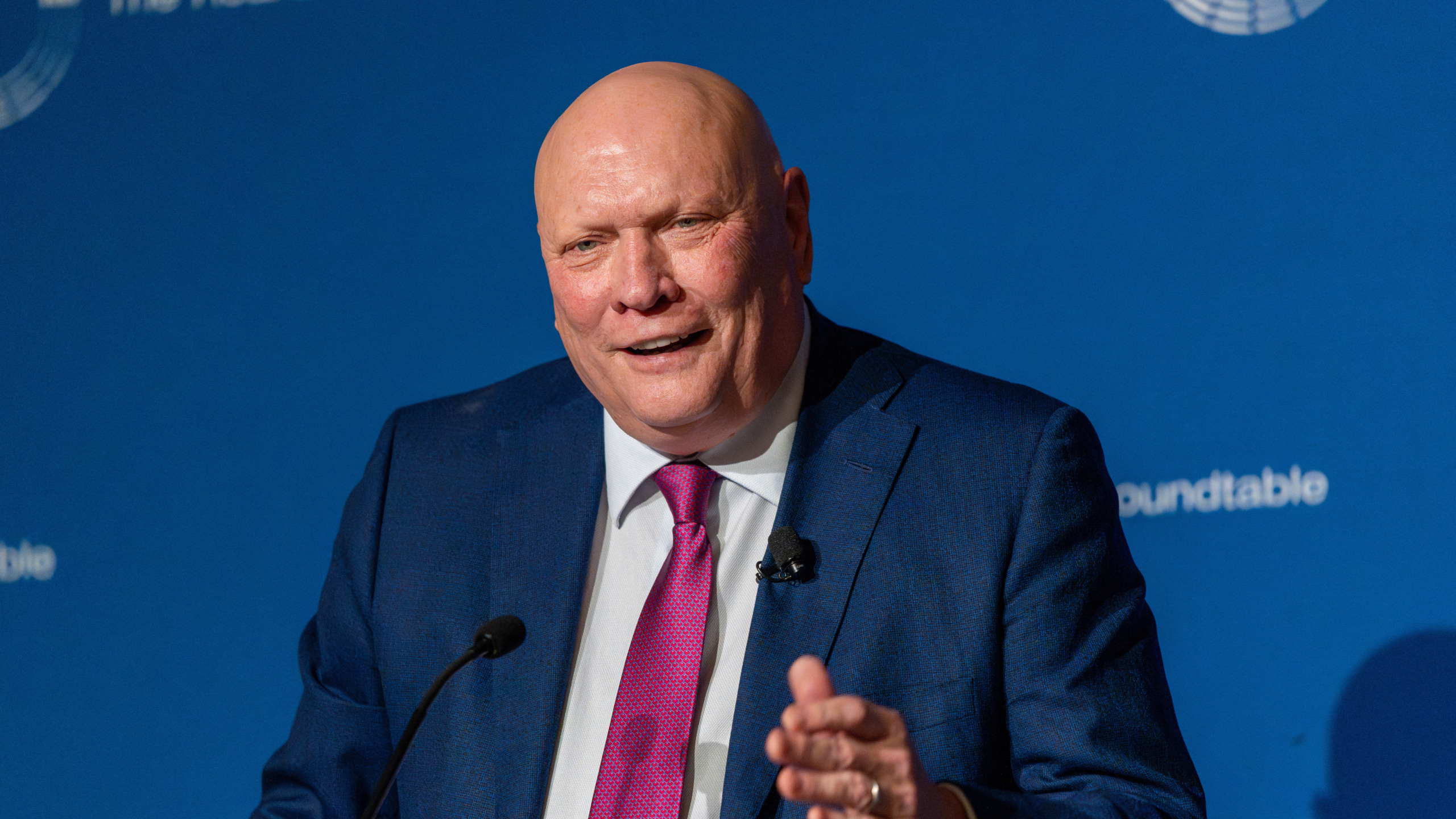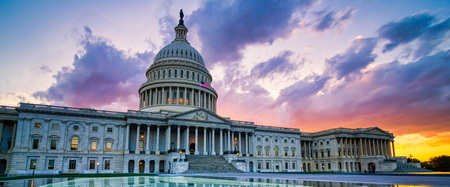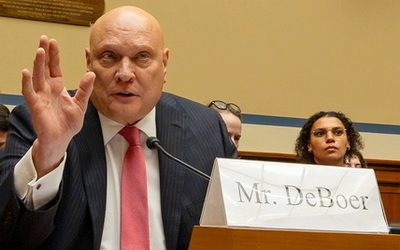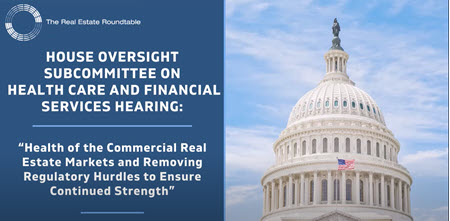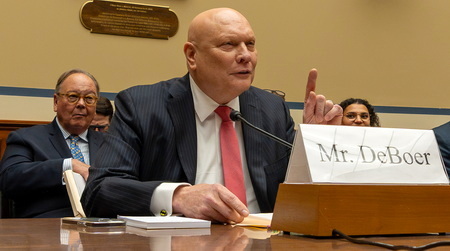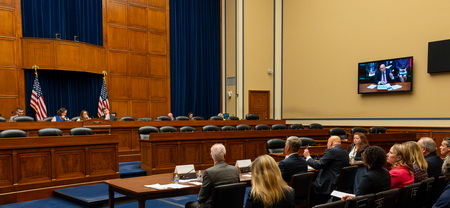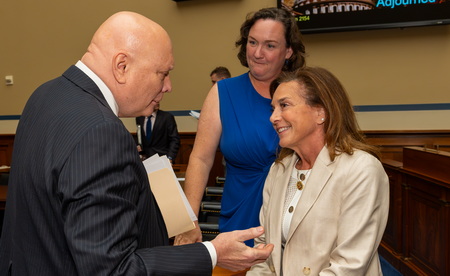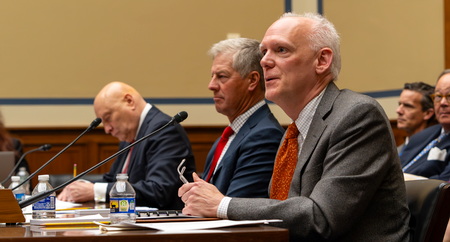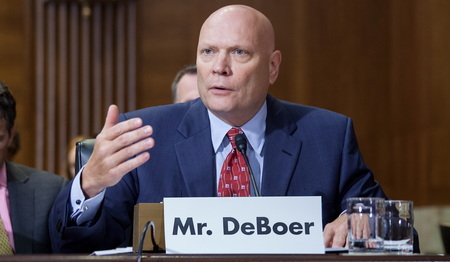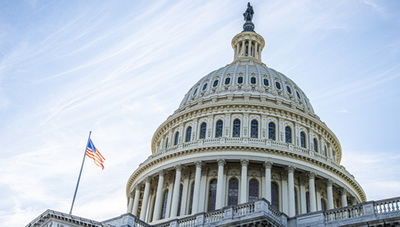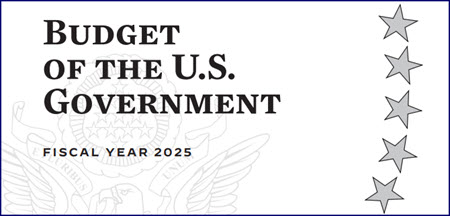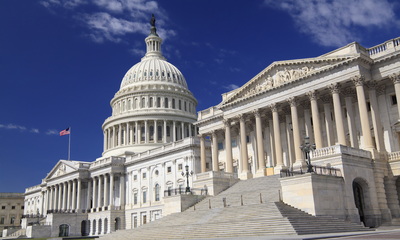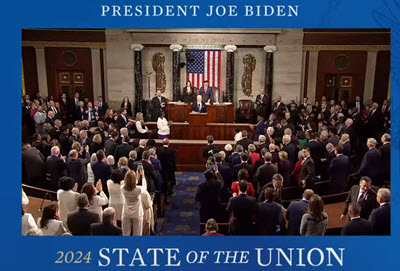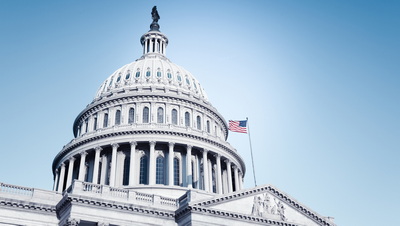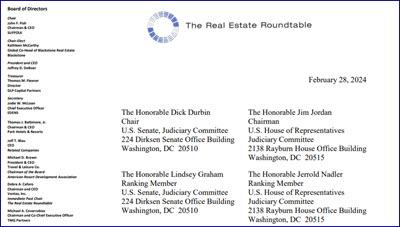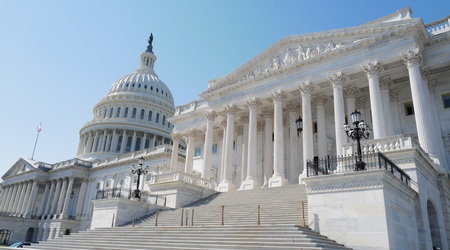
Senate Republicans are mapping out an ambitious two-step reconciliation strategy for 2025, planning to first address defense, energy, and border security before tackling a tax package later in the year. The initial focus is to secure an early win that could help build momentum for the more complex task of extending the expiring provisions of the 2017 Tax Cuts and Jobs Act (TCJA). (Tax Notes, Dec. 4)
Why It Matters
- This approach marks a notable shift from House Republicans’ earlier plan to address tax issues within the first 100 days of President-elect Trump’s term. (Washington Post, Dec. 4)
- Instead, Senate Republicans want to divide the legislative work to make each package more manageable, leveraging early victories to build momentum for harder battles. (PoliticoPro, Dec. 4)
Reconciliation Plan
- GOP senators, including Thom Tillis (R-NC) and Shelley Moore Capito (R-WV), emphasized the importance of consensus and coordination within the party, acknowledging that a slim House majority could complicate passage. (Tax Notes, Dec. 4)
- Sen. Capito noted that a smaller, earlier reconciliation package—focused on defense, energy, and border security—could help set the stage for tackling the more politically challenging tax bill.
- The initial bill could include measures that all Republican factions can support, such as limited deficit reduction and targeted energy policy reforms.
- Failure to act on tax reform by the end of 2025 will lead to the expiration of many provisions from the 2017 tax law, resulting in tax increases for most individuals and some businesses. (Bloomberg, Dec. 3)
- Rep. Jason Smith (R-MO), chairman of the House’s Ways and Means committee, voiced his opposition to delaying tax reform under Sen. Thune’s plan, noting the difficulty of advancing two budget reconciliation packages, which are immune to filibusters in the Senate. (The Hill. Dec. 5 | CNBC, Dec. 4)
- “The important thing is getting all the policies done as quickly as possible, and what we ultimately all agree on [is] we’re all going to have to be in unison on that, but no final decision has been made,” said House Majority Leader Steve Scalise (R-LA) regarding the reconciliation timeline. (PoliticoPro, Dec. 4)
View from Senate
- Sen. Chuck Grassley (R-IA) pointed to the complexity of the tax package as the reason for its placement as the second bill.
- “We want to help lower energy costs, we want to help the military. We want to hit the ground running,” said Sen. Lindsey Graham (R-SC). (The Hill, Dec. 4)
- Sen. Rand Paul (R-KY) cautioned against using reconciliation to increase spending, emphasizing the need to reduce overall expenditures.
What’s Next

- Senate Republicans, led by incoming Senate Majority Leader John Thune (R-SD), will work closely with House Speaker Mike Johnson (R-LA) and the White House to finalize the contents and timing of both reconciliation bills.
- Passage of a budget resolution, which is the first key step in the reconciliation process, will be crucial to move forward—a challenge in itself given the slim GOP majority in the House.
The two-bill reconciliation strategy reflects Senate Republicans’ cautious approach to the legislative calendar. By securing an earlier, more straightforward win, the GOP hopes to gain the momentum needed to navigate a complex tax debate later in 2025.
